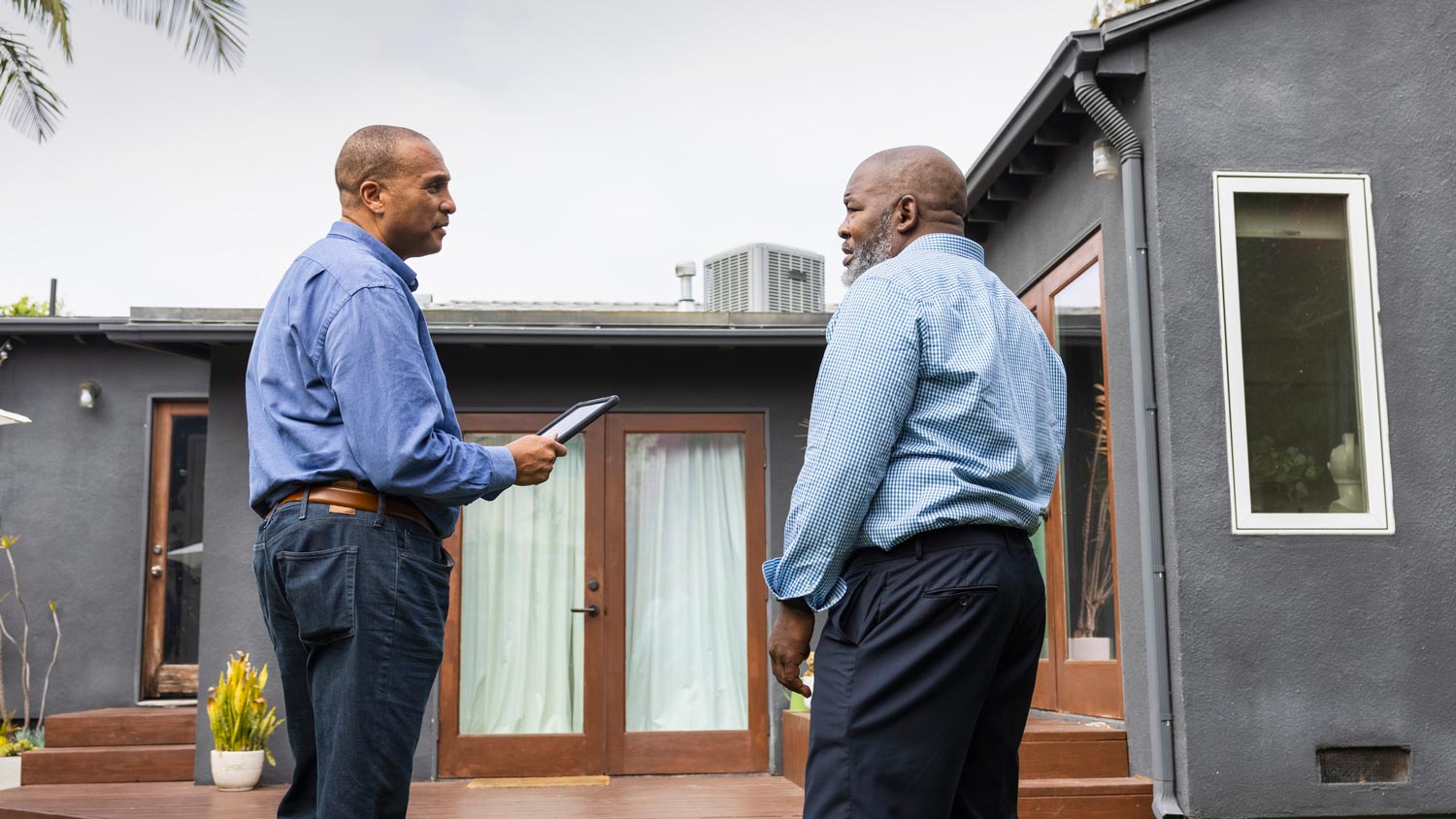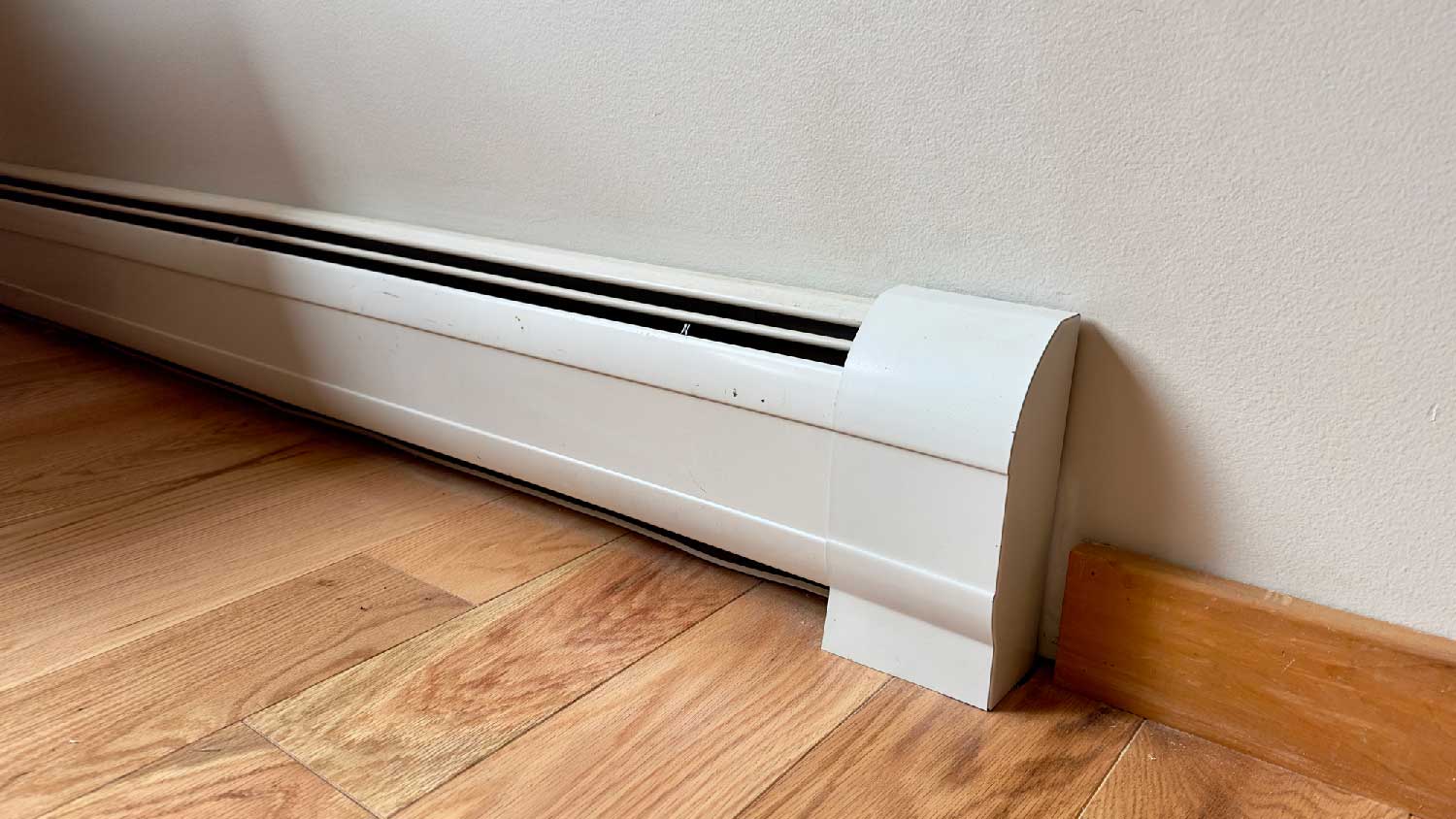
What you’ll pay in Columbus, OH, for furnace repairs depends on many factors. Here’s a breakdown of what can go wrong and the cost to fix those issues.
If you’re switching to an energy-efficient geothermal system, be sure to find the best HVAC contractor for the job


Nearly every state requires that heating and cooling contractors have a license to perform work. But if you are looking to hire an HVAC pro for a geothermal system installation, the rules aren’t quite as clear cut, and you’ll likely need to do a bit more homework.
When hiring a local contractor to install a geothermal system, you’ll want to look for one with several years of experience in the geothermal arena, not just general HVAC work. Here are a few more tips for hiring an expert geothermal installer for your home.
Geothermal system contractors need significant knowledge and experience, as the installation process is very technical. Reputable pros are licensed and know how to design a system that complies with local regulations and works for your home's size, land, and soil type. In addition to asking friends and neighbors for recommendations, you can also search Angi to find a geothermal pro near you.
Once you have found a few strong candidates, check your state’s consumer protection agency to verify that the contractors represent themselves accurately and to check for any previous complaints lodged.
Before you move forward with hiring a contractor, it’s helpful to understand how geothermal systems work. Just like you would research buying a new car or appliance, familiarize yourself with the different types of geothermal systems and how they differ from standard HVAC systems.
Geothermal systems are more sophisticated than traditional heating and cooling units, so the installation will also differ. A pro will need to know these things to provide you with an accurate quote:
Your home’s soil type
Amount of land available
System size
Geothermal system type
Your land’s water table depth
To plan the project as accurately as possible, you should get quotes from at least three geothermal contractors and complete professional soil testing. Soil testing typically costs anywhere from $400 to $3,000 but is an essential investment in determining the correct geothermal system for your home.
An experienced geothermal contractor should be highly skilled in electrical, excavation, piping, and HVAC work to complete your project from start to finish. They’ll also need to be licensed, bonded, and insured to perform this type of work. Because this is such a specialized project, it’s also wise to ask for references from previous customers. Depending on the type of system you are having installed, it may also be worth making a trip to see some of the contractor’s previous work in person.
Before signing a contract, be sure to interview your geothermal pro and ask the following questions:
Is your company certified to install geothermal systems?
Are you licensed, bonded, and insured?
How many geothermal systems have you installed?
What will you use to measure the geothermal system?
What happens if you find any issues in the soil?
What permits or building permissions are required?

Introduce the things a homeowner should do when they pick and hire their pro. Expand on them in more detail in the sections below.
While interviewing and checking multiple potential contractors is time-consuming, it's an important step in the case of a geothermal system. Ideally, the pro you hire will have extensive experience installing these systems, several solid references, and an International Ground Source Heat Pump Association (IGSHPA) certification.
A reputable contractor shouldn’t have any problem complying with a background check request—they might even have a recent one on file to give you.
Before signing a contract, take the time to review everything thoroughly. Your contract should include the total project price, along with the down payment requirements, fee structure, balance payoff, and any extra caveats like overtime or permit fees.
While your contract should explicitly outline all the terms and fees, keeping your own written records is also a good idea. Track any and all correspondence with the contractor and snap photos of the project. Jot down notes on hours worked, progress made, whether they’re sticking to the schedule, and more.
Once your contractor has finished, they should explain how your new system works, maintenance requirements, and any potential issues you should watch for. Once you’re satisfied with the install, make the final payment and offer your pro a positive review or reference.
There are many benefits to installing a geothermal system and, with the right pro handling the job, you’ll enjoy your new heating and cooling design for years to come.
From average costs to expert advice, get all the answers you need to get your job done.

What you’ll pay in Columbus, OH, for furnace repairs depends on many factors. Here’s a breakdown of what can go wrong and the cost to fix those issues.

Factors such as labor and parts impact the final price of repairing a window AC unit. Learn all of the costs associated with window air conditioner repair.

If your furnace is malfunctioning, it could be a faulty control board. Find out what a furnace control board replacement costs for parts, labor, and more.

Discover the average wall heater installation cost, key price factors, and expert tips to help you budget and save on your next home heating project.

Balancing your home’s radiators is a simple way to increase the efficiency and effectiveness of your HVAC system. Check out these 8 tips before you start.

No one likes a cold shower or a frigid winter night. Regular boiler maintenance and repair will ensure your appliance stays in tip-top shape. Keep the hot water flowing year-round with these easy tips.